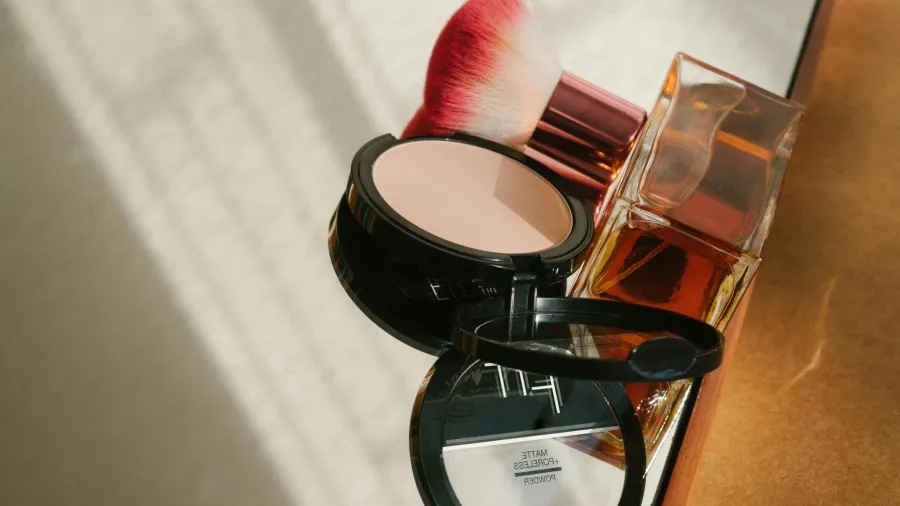
Japanese beauty brands turn to intelligent packaging to fight counterfeiting
Brands are adopting technologies like blockchain, NFC-enabled smart packaging, and data tracking.
As Japan’s cosmetics and toiletries market shifts online, beauty brands are turning to intelligent packaging solutions to fight counterfeiting, according to GlobalData.
By 2028, 21% of the market is expected to be driven by online shopping, amplifying the need for consumer protection.
The report said that manufacturers are increasingly adopting technologies like blockchain and data tracking in packaging to combat counterfeiting. This shift coincides with projected e-commerce growth in the sector, with a 5-7% annual growth rate from 2023 to 2028.
“As more customers shop online, where they can’t interact with sales personnel or physically test products, investing in innovative packaging solutions becomes crucial,” said Mani Bhushan Shukla, consumer analyst at GlobalData. “Intelligent packaging can offer consumers the reassurance they need by providing authentication and transparency, helping brands safeguard their products and build trust with their customers.”
Mariko Kadosaka, key account director at GlobalData, added that onsumers want more information about products, such as ingredient origins and sustainability.
Shukla also highlighted the growing role of social media in consumer decisions, especially amongst Gen Z and millennials. A survey found that 46% of Gen Z and 58% of millennials in Japan are purchasing more C&T products online, with 35% of Gen Z and 37% of millennials buying through social media platforms.
The global counterfeit market, valued in the trillions, is a major issue for the C&T industry, Kadosaka noted. To address this, brands are adopting technologies like NFC-enabled smart packaging to prevent counterfeiting and improve consumer personalization.
He added that intelligent packaging not only helps fight counterfeiting but also offers operational benefits like better inventory management, reduced costs, and lower waste, contributing to more sustainable operations.
“By implementing intelligent packaging, either through an application or directly on the product, both consumers and brands benefit: consumers receive secure, trustworthy products, while brands protect their trademarks and preserve their reputations,” said Shukla.

















 Advertise
Advertise






